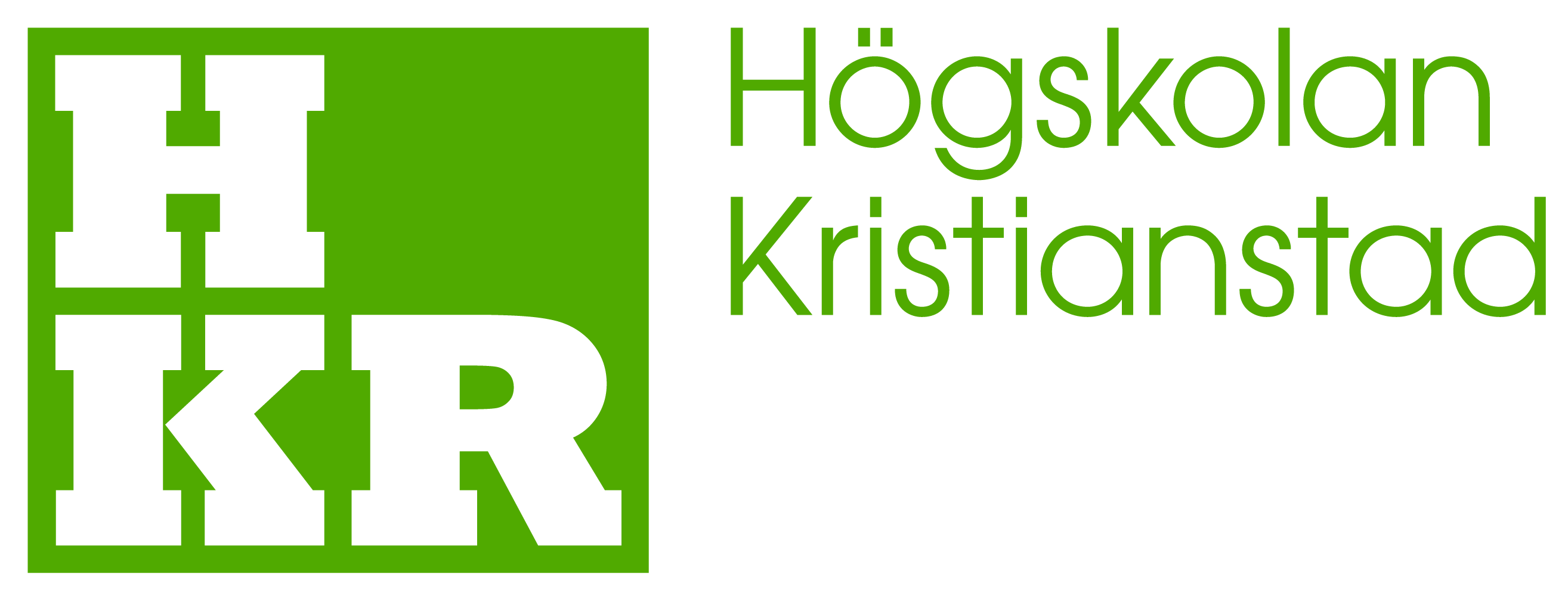Clinical laboratory methods atlas of commonly performed tests / written by Michael Laposata, Peter McCaffrey.
Språk: Engelska Utgivningsuppgift: New York : McGraw Hill, [2022]Beskrivning: xviii, 162 sidor IllustrationerInnehållstyp:- text
- unmediated
- volume
- 9781260470284
- 1260470288
- 616.075 23
- Vea
| Exemplartyp | Aktuellt bibliotek | Placering | Hyllsignatur | Status | Streckkod | |
|---|---|---|---|---|---|---|
| Bok | Biblioteket HKR | Biblioteket | 616.075 Laposata | Tillgänglig | 11156000199523 |
Förbättrade beskrivningar från Syndetics:
Master 100 of the most commonly performed lab tests
A Doody's Core Title for 2024 & 2023!
Clinical Laboratory Methods covers the 100 tests most often done in clinical labs. The description of each method covers the basic concept of the assay; clinically important information; the expense of the test (based cost of the reagents, supplies, and labor); the complexity of the test; and whether each method is manual, semi-automated, or highly automated, and each method includes a flowchart. The author avoids getting bogged down in unimportant details, focusing on only what you need to know to master these important processes.
Features
* Each testing-method description includes a flowchart
* Practice tests enable you to quiz yourself on what you have learned
* The expense of each method is described as low, moderate, or high
Imported from: zcat.oclc.org:210/OLUCWorldCat (Do not remove)
Innehållsförteckning levererad av Syndetics
- Preface (p. ix)
- Acknowledgments (p. xi)
- Introduction: Concepts in Clinical Laboratory Testing (p. xiii)
- 1 Methods in Clinical Immunology (p. 2)
- Antinuclear antibody (ANA) testing
- Protein electrophoresis (PEP)
- Immunoflxation to identify monoclonal immunoglobulins
- Flow cytometry
- Cryoglobulin analysis
- 2 Methods in Clinical Microbiology (p. 12)
- Gram stain
- Microbiologic culture and organism identification
- Blood cultures
- Antimicrobial sensitivity tests
- Direct and indirect immunofluorescence for antigen detection
- 3 Methods in Clinical Hematology (p. 22)
- Counting of blood cells with automated white blood cell differential count
- Peripheral blood smear analysis
- Sickle cell screening assay
- Hemoglobin analysis
- Erythrocyte sedimentation rate
- 4 Methods in Clinical Coagulation (p. 32)
- The PT (Prothrombin Time) and PTT (Partial Thromboplastin Time) Assays
- PT and PTT mixing studies
- Coagulation factor assays
- Von Willebrand factor assays
- Platelet aggregation
- 5 Methods in Transfusion Medicine and Blood Banking (p. 42)
- ABO/Rh typing
- Blood component preparation
- Blood crossmatch
- Direct antiglobulin test (DAT)
- Indirect antiglobulin test (LAT)
- Apheresis
- Western blot
- 6 Methods in Clinical Chemistry and General Methods (p. 56)
- Electrolyte measurements: Sodium (Na), Potassium (K), and Chloride (CI)
- Assays measuring concentration of compounds by spectrophotometry
- Blood gas measurements
- Urinalysis
- Nephelometry
- Enzyme-linked immunosorbent assay (ELISA)
- Immunoassay with all reagents in solution
- Latex agglutination
- Chromatography for separation, identification, and quantitation of substances in biologic fluids
- Mass spectrometry for molecular identification
- Newborn screening by liquid chromatography/mass spectrometry (LC-MS)
- 7 Point-of-Care Testing Methods (p. 78)
- Point-of-care glucose testing
- Point-of-care immunoassay on test strip
- 8 Methods Involving Chromosomal Analysis and Molecular Genetics (p. 82)
- Chromosomal Analysis
- The Karyotype
- Fluorescence in situ Hybridization (FISH)
- Molecular Genetic Testing
- Clinical Testing Using Molecular Genetic Analysis
- Molecular Genetic Testing: PCR Methods
- Polymerase Chain Reaction (PCR)
- Detection of a Genomic Alteration Using PCR
- Reverse Transcription PCR
- Quantitative PCR
- Molecular Genetic Testing: Array/Hybridization Methods
- DNA Microarray
- Comparative Genomic Hybridization (CGH)
- Detection of a Genomic Alteration Using CGH
- Molecular Genetic Testing: Nucleic Acid
- Sequencing Methods
- DNA Library Preparation for Exome Sequencing: Hybrid Capture Methods
- DNA Library Preparation for Targeted Sequencing: Amplicon Generation Method
- Sanger Sequencing
- Next-Generation Sequencing Short Read: Reversible Terminator Sequencing Method
- Next-Generation Sequencing Short Read: Semiconductor Sequencing Method
- Next-Generation Sequencing Long Read: Single-Molecule Real-Time Sequencing Method
- Next-Generation Sequencing Long Read: Strand Sequencing Protein Nanopore Method
- Next-Generation Sequencing Single-Cell Transcriptomics: "10 × Genomics" Method
- Next-Generation Sequencing Synthetic Long Read: "TruSeq" Method
- Detection of a Genetic Alteration Using Next Generation Sequencing Method
- Digital Sequencing
- Self-Assessment Questions (p. 125)
- Self-Assessment Answers (p. 133)
- Further Reading (p. 137)
- Clinical Laboratory Reference Values (p. 139)
- Index (p. 157)
